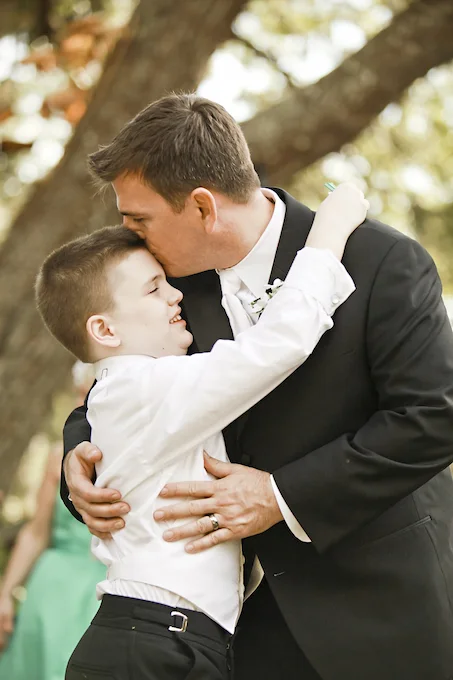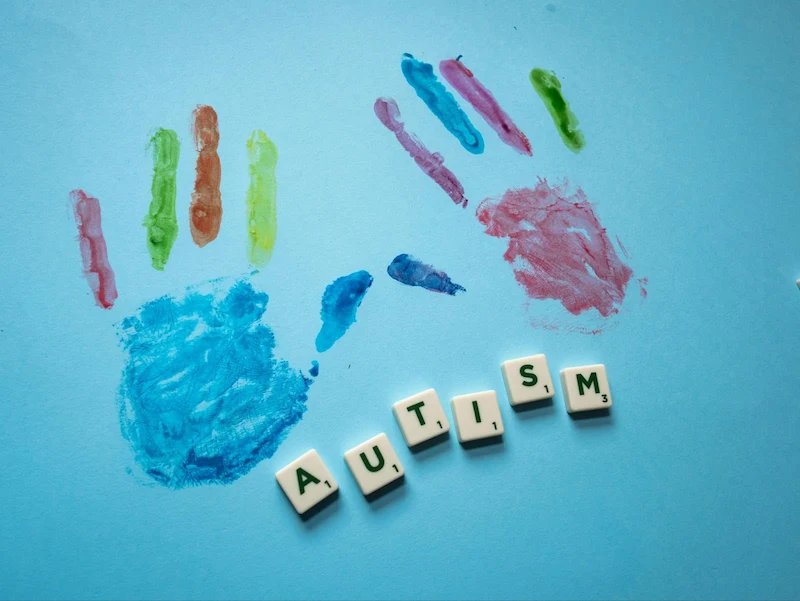Table of Contents
Autism Spectrum Disorder (ASD) affects millions of people worldwide, yet there are still significant misunderstandings and stigmas surrounding the condition. Raising awareness about autism is vital not only to foster inclusivity and empathy but also to ensure individuals with autism receive the support and acceptance they deserve. Increasing public knowledge about autism helps dispel myths and equips people with a better understanding of the unique experiences and needs of those on the spectrum. When we break down the stigmas associated with autism, we create a more compassionate, informed society that allows individuals with autism to thrive.
Dispelling Myths and Misinformation
One of the biggest challenges surrounding autism is the pervasive misinformation that clouds public perception. Many people still believe outdated myths about autism, such as the idea that vaccines cause the disorder or that individuals with autism are all nonverbal or lack empathy. These misconceptions create harmful stigmas that isolate individuals with autism and contribute to the misunderstanding of their capabilities and needs. By raising awareness and promoting accurate information, we can dispel these myths and help society understand the diverse ways autism manifests. Education efforts that highlight updated autism stats and trends are essential for showing the true spectrum of the condition, as autism affects individuals in different ways. Some may need significant support, while others may lead independent lives with minimal assistance. Breaking down these barriers of misunderstanding enables individuals with autism to be seen for who they are, not based on generalized stereotypes.
Encouraging Early Diagnosis and Support
Raising awareness of autism is also crucial for promoting early diagnosis and intervention. The earlier autism is diagnosed, the sooner individuals can receive the support and resources they need to manage challenges and develop their strengths. Unfortunately, due to the stigma and lack of awareness, many parents and caregivers may delay seeking an evaluation for fear of labeling their child. This delay can limit access to early intervention programs that have been shown to improve outcomes for children on the spectrum. Public education campaigns that focus on the importance of early diagnosis, as well as destigmatizing the process, can encourage more families to seek assessments without fear of judgment. Awareness helps parents understand the signs of autism, such as difficulty with social interaction or repetitive behaviors, and reassures them that a diagnosis is a step toward giving their child the best possible support.
Promoting Acceptance and Inclusion in Society
One of the most profound impacts of autism awareness is its ability to promote acceptance and inclusion within society. Stigmas around autism often result in exclusion from social, educational, and employment opportunities, which can severely limit the potential of individuals on the spectrum. When awareness efforts focus on understanding and embracing neurodiversity, society can create spaces that are more inclusive for individuals with autism. Schools, workplaces, and public spaces can implement accommodations that help people with autism succeed and participate fully in everyday life. Additionally, promoting autism awareness helps others recognize the incredible contributions individuals with autism can make, whether through unique talents, perspectives, or skills. Acceptance not only improves the quality of life for those on the spectrum but also enriches communities by fostering diverse and inclusive environments.
Empowering Families and Caregivers

Raising awareness about autism doesn’t just benefit individuals on the spectrum; it also empowers families and caregivers who play a critical role in supporting them. For many families, navigating the challenges of an autism diagnosis can be overwhelming, especially when faced with societal stigma and a lack of accessible resources. Increased awareness helps normalize the experiences of families, encouraging them to seek support and build connections with others in similar situations. When families feel informed and supported, they are better equipped to advocate for their loved ones, access crucial services, and create nurturing environments that foster growth and development. Awareness campaigns and resources tailored to caregivers can also provide practical guidance on managing day-to-day challenges, such as sensory sensitivities or communication difficulties, reducing the stress and isolation that many families face.
Building Inclusive Educational Systems
Educational systems play a pivotal role in shaping the future of individuals with autism, and awareness is key to fostering inclusion within schools. Too often, students with autism face barriers to receiving an education that meets their unique needs, from inadequate resources to teachers lacking proper training. Raising awareness in the educational sector is essential for creating learning environments that accommodate different learning styles and abilities. With greater knowledge of autism, educators can develop personalized approaches that help students on the spectrum thrive academically and socially. Schools that embrace inclusion and provide autism-friendly supports, such as sensory-friendly spaces or specialized teaching strategies, can ensure that every student has the opportunity to succeed. Moreover, awareness helps peers better understand and interact with classmates on the spectrum, promoting a culture of acceptance and kindness within schools.
Supporting Workplace Inclusion and Diversity
As individuals with autism transition into adulthood, workplace inclusion becomes a critical area where awareness can have a transformative impact. Many adults with autism face difficulties finding and maintaining employment, often due to misconceptions about their capabilities or a lack of accommodations in the workplace. By promoting autism awareness in the business world, companies can create inclusive hiring practices that recognize the value of neurodiversity. With the right support, individuals with autism can excel in a variety of roles, offering unique problem-solving skills, attention to detail, and creative thinking. Employers who prioritize autism-friendly environments, such as by providing clear communication or flexible workspaces, not only benefit from a more diverse workforce but also help break down barriers for future generations of employees on the spectrum. Awareness efforts can drive the shift toward a more inclusive workforce, where individuals with autism are seen as assets, not limitations.
Reducing Social Isolation
Autism awareness is also crucial in addressing the issue of social isolation that many individuals on the spectrum experience. Due to misunderstandings or a lack of accommodations in social settings, individuals with autism can often feel excluded or misunderstood in their communities. Awareness helps break down these barriers by educating people on how to interact with and support individuals with autism in social situations. Simple changes, such as creating autism-friendly events or offering sensory-friendly spaces, can make a world of difference in helping people on the spectrum feel included and valued. When communities understand the unique social challenges that come with autism, they are better able to foster environments where individuals with autism can connect, build friendships, and feel less isolated.
By promoting autism awareness, we help create a world where individuals on the spectrum are understood, supported, and included in all aspects of life. Through education, advocacy, and compassion, we can break down stigmas and build a society that embraces neurodiversity.
Want to explore something different? How to Find a Hobby That Suits Your Lifestyle

